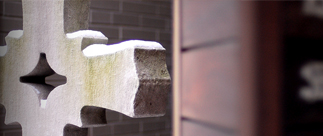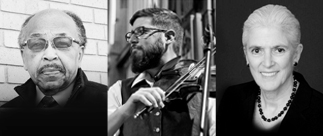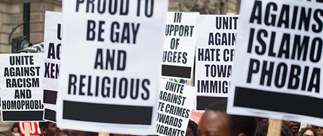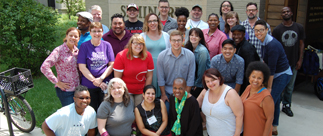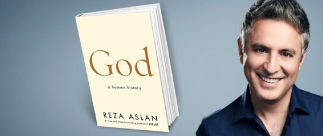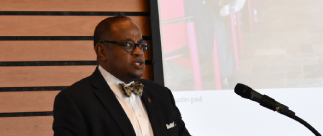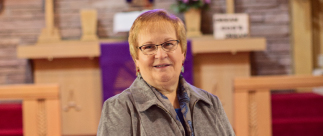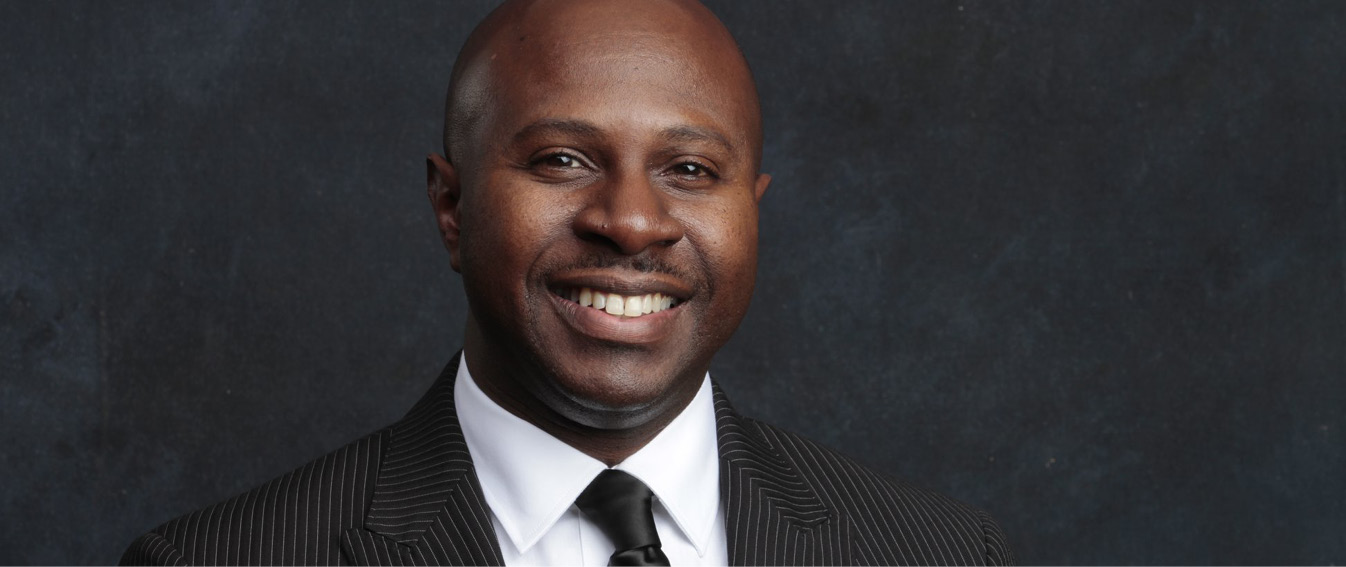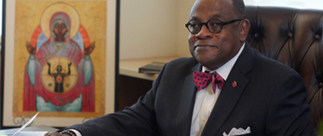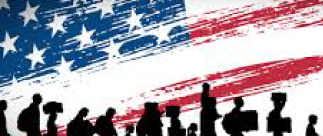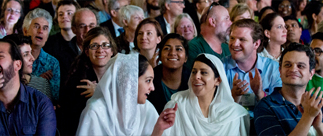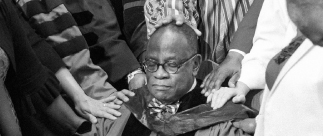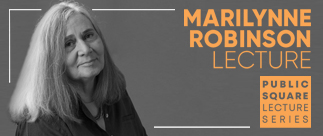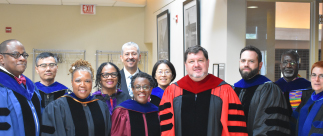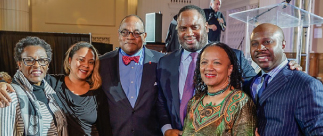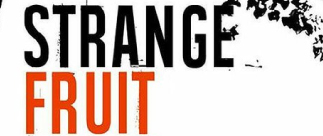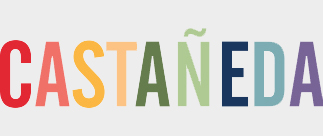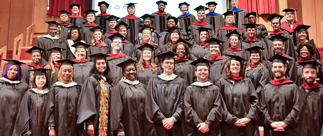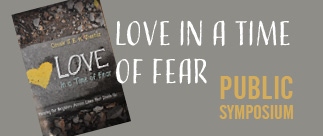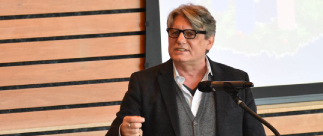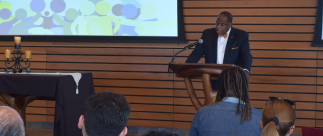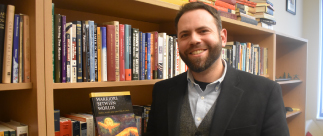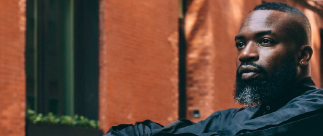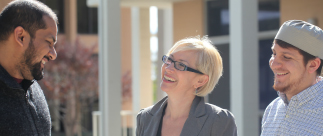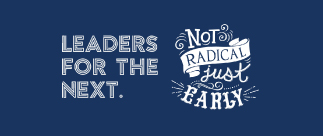Dr. Zachary Moon publishes new book; hopes to spark conversation on veterans reentering society
In his latest book, Warriors between Worlds: Moral Injury and Identities in Crisis, Rev. Dr. Zachary Moon (MDiv ’10), assistant professor of practical theology offers a new look at how traumatic levels of moral emotions generate moral anguish experienced by those in the military and returning to civilian life.
“With a moral injury, the primary traumatic emotional experience is a moral emotion – guilt, shame, contempt, or disgust – related to one’s actions or inactions, or those of others” says Moon, who served as a military chaplain before entering academia. Moon says that while some military service members experience post-traumatic stress, moral injury must be studied and engaged with greater attention. Moon further explains that the purpose of his new book is to “give a more inclusive look at what’s happening with moral stress and moral injury.”
To spark new approaches toward conceptualizing and addressing moral injury, Moon coins a new term, ‘moral orienting system,’ that he says better describes morally significant traumas. Particular focus is paid to the role of military training in re-inscribing a military recruit’s moral orienting system. “Rather than thinking military training is getting your body physically fit, or learning how to fire a weapon, the things we see on the surface are actually functioning to reengineer of a civilian moral orienting system to a military orienting system that’s able to function within that military context,” Moon said.
‘Everybody’s been changed by this:’
Dr. Moon says that it’s essential that people understand that military training ‘intentionally reengineers a person’s moral orienting system and to think about that when they come home.’ ‘Every military service member faces the challenges of reentry post-deployment,” Moon explained. “We don’t have anything that intentionally supports the necessary changing of a military orienting system to a moral orienting system that would be well integrated and functional within a civilian context.”
According to a report published in the National Academy of Medicine, 44 percent of veterans reported having difficulties readjusting to civilian life. That same study also found that 30 percent of young veterans [between the ages of 18 and 24] are unemployed, twice the amount of their non-veteran peers. PTSD, traumatic brain injury, substance abuse and depression can also follow troops home and create hidden wounds, the study added.
“Our current way of conceiving of post-deployment reentry is ineffective,” Moon said. “The presumption is a military service member more or less functioned and survived within society before [the] military, so go get in your time machine and go back and re-become the person you were before [the] military. We are spitting folks back out into the civilian world, with two options: re-become the person you were before or we’ll see you as having a mental health problem.”
Moon adds that society has to take a more encompassing view of the struggles veterans face. “Everybody’s been changed by this,” Moon said. “How can we think about how to support that change in a way that would be meaningful and empowering.”
How you can purchase the book
Published by Rowman & Littlefield, Warriors between Worlds: Moral Injury and Identities in Crisis is available for purchase through Amazon.com, and other venues, with hardback and e-book versions available. CTS will host a Book Talk on Dr. Moon’s newest work on Wednesday, April 24, 2018. Details will be available on the CTS Events Calendar.
To get a special 30 percent discount on the book, visit Rowman.com/Lexington and use the code LEX30AUTH19 when ordering.
